These days, credit card scams are getting worse. Tons of folks around the world are dealing with this problem. It could be fake charges, stolen IDs, or tricky emails – this stuff is serious and can really mess up your life. We’re gonna look at 12 big questions about credit card scams, tell you some crazy true stories, and give you tips that actually work. Ready? Let’s get into it!
Table of Content
- So how do these credit card scams actually go down?
- How can you tell if someone’s messing with your card?
- What should you do if your card gets scammed?
- Can scams mess up your credit score?
- How can you stop thieves from skimming your card?
- Is it safe to shop online with credit cards?
- What’s the role of EMV chips in security?
- How do crooks get your card info online?
- What’s the safest way to store card info?
- Can using public Wi-Fi get your card stolen?
- How often should you really check your card statements?
- Uh-oh, lost your card – now what?

Credit Card Score
-
- Hi guys!
- So basically I’m pulling my life together rn.
- I have a Credit Score Grade of the lowest.
- Can I ask how do I improve the score?
- Thank you very much.
- I will gladly accept any abuse I receive here but I still need advice on how to improve it!
- 👍🏽Edit: Thank you all for your warm advice and replies!
- I really appreciate it!
- If anyone is okay with me DM-ing my report to you to interpret it then it will be great!
a girlie’s first credit card?
-
Beautiful_Strike2374: investing with a FA friend doesn’t sound like a good idea!! pls reconsider while u’re still young!
-
shawnthefarmer: Please tell us what is this $600 investing with an FA friend. you are in r/singaporefi after all
-
sithu209: You can also consider Citibank SMRT Card.You get cashback for:* Groceries (Fairprice, Sheng Siong, Giant)* Online purchase (Lazada, Shopee, Amazon)* Public Transport & Taxi
-
slsj1997: It’s honestly concerning that some people’s ENTIRE investment portfolio is with an FA friend, especially when there are posts here crying about how they lost everything when the fund closed. It’s literally 0 diversification.
Kim used Ethan’s credit card?
-
layrenee92: I’m curious to know what the hell she was using his credit card for? Was it for an outrageous amount of blue shirts, since that’s all she wears
-
Fabulous_Town_6587: Right when Olivia said this it broke my heart because these are the kinds of parents who TANK their kids’ credit and feel no shame about it.
-
gg3867: The amount of people on this thread defending Kim — and even how she “educated” her children — is astounding.
-
rinap88: so strange since they own so many properties around town. She was probably running up their debt so it didn’t count toward her DTI ratio….
Too much credit card debt; bankruptcy?
-
expiredeternity: The root cause is that you are spending more than you make and bankruptcy will not fix that. Until you tackle your finances and learn to live within your means, this cycle will repeat again. Bankruptcy in your situation is a band aid fix.
-
BadNeighbor3: There are other types of debt management too. Check out Trinity Debt Management. It’s a nonprofit and may be able to help negotiate with your creditors the payments and interest and knock that down. There are other options!
-
ZirJohn: you’re most likely not getting that home in 7 years and tbh you shouldn’t think about it til your debt is gone
-
sweadle: Wait, why wouldn’t you be able to pay this off in 7 years? You can pay it off in a few years.
So how do these credit card scams actually go down?
Scammers have all kinds of tricks – they might put sneaky devices on ATMs or send fake emails to trick you online.
My buddy Sarah got a call once from a guy saying he was from her bank. They talked her into giving her card info to verify her account – next thing she knew, her card was drained.
The FTC says credit card scams made up a third of all ID theft cases last year. These crooks get clever – they’ll make fake bank websites that look totally real. Always look close at website addresses, and never give your card info to someone who calls you first.
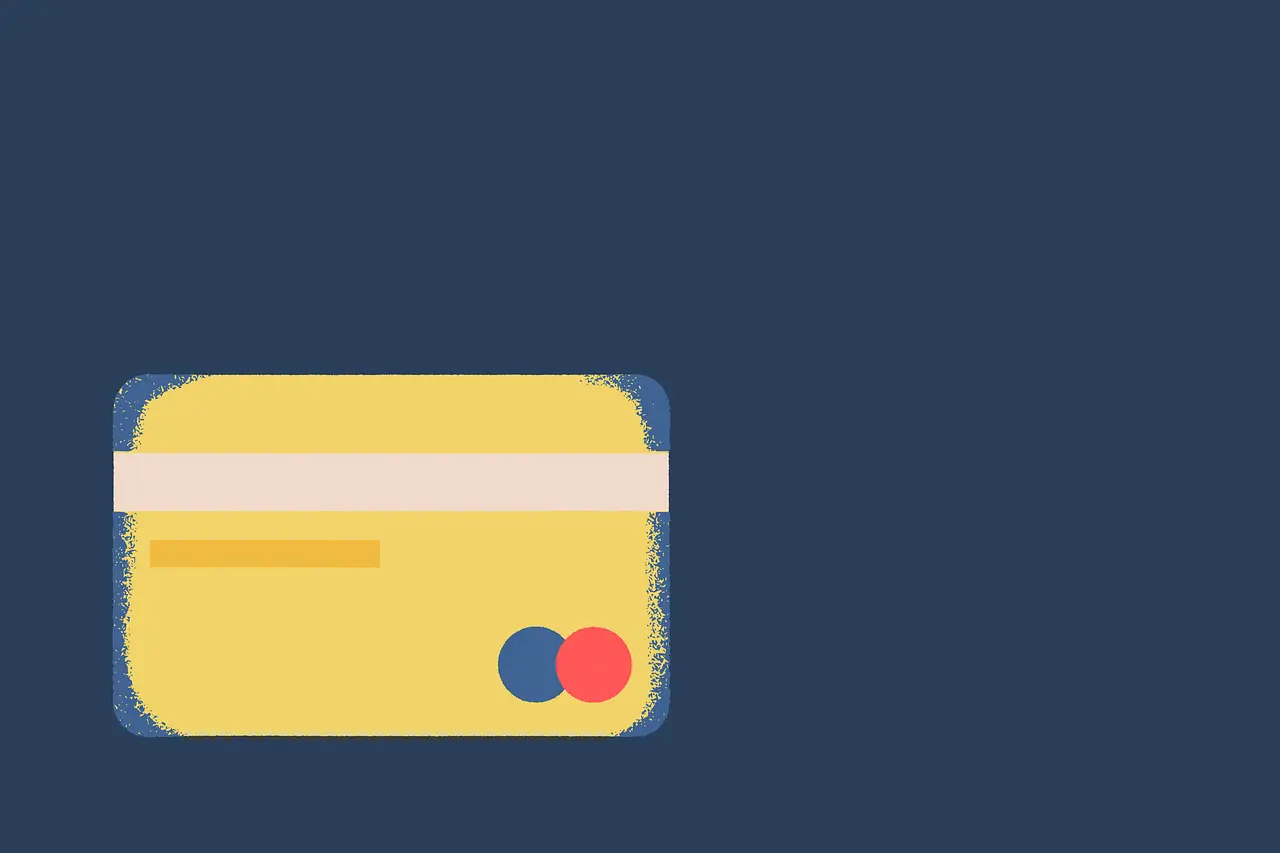
How can you tell if someone’s messing with your card?
If you see charges you didn’t make – even tiny ones – that’s a warning sign.
My coworker spotted a weird $1.50 charge from some company he’d never heard of.
He brushed it off as a mistake, but then boom – someone spent $500 on his card. The FTC says check your statements every month and turn on purchase alerts. Watch out too if your card gets declined when you know you have money, or if a new card shows up that you didn’t ask for. Catch it early and you’ll save yourself a ton of trouble later.

What should you do if your card gets scammed?
See something fishy? Move quick.
Call your bank right away – they’ll lock your card and look into it. I found this out the hard way when someone copied my card at a gas pump.
The bank fixed the fake charges, but man, it took forever to sort out. Report it to the FTC and cops too – that way there’s a record. Save all your emails and call notes. Most banks won’t make you pay for fraud, but you gotta report it fast.
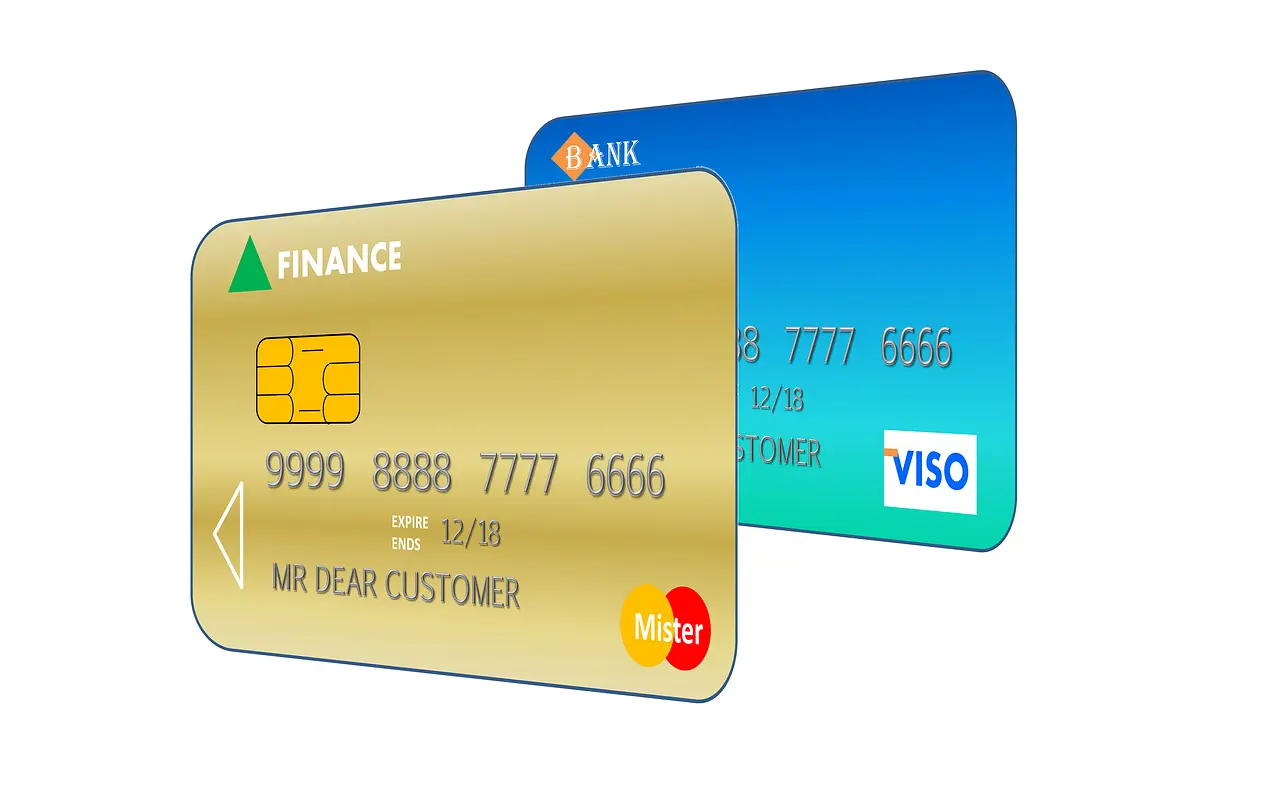
Can scams mess up your credit score?
Oh yeah, big time.
If fake charges don’t get paid off, your score could crash. The CFPB says people who get scammed often see their credit scores drop like 100 points.
Even after you fix everything, it might take months to bounce back. Keep an eye on your credit report at AnnualCreditReport.com. If something looks wrong, challenge it right away. Putting a freeze on your credit is a smart way to stop more trouble.
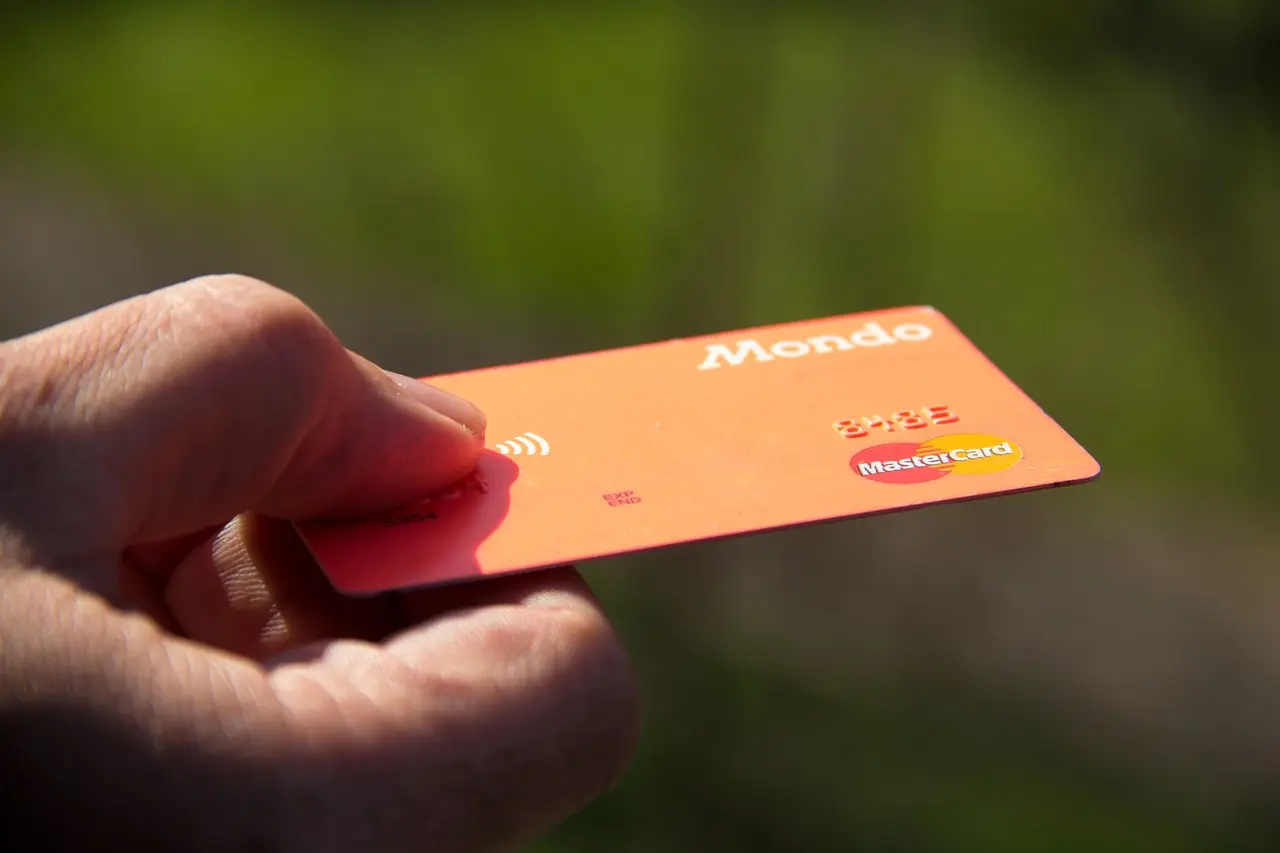
How can you stop thieves from skimming your card?
Skimmers are little gadgets crooks stick on ATMs and gas pumps.
My cousin got nailed by one at a corner store. Now I always jiggle the card reader first – skimmers usually feel wobbly.
Use contactless payment or mobile wallets when possible; they’re harder to skim. The FBI says use ATMs inside banks, not the ones just sitting around. Look for tiny cameras too – they might be filming your PIN.

Is it safe to shop online with credit cards?
Shopping online is easy but kinda dangerous. Only buy from well-known sites that have https in the web address.
I got burned buying concert tickets from some sketchy site – got charged double! Never again. Some banks give you temporary card numbers – way safer for online buys. Turn on two-step login wherever you can. Security experts say use a separate card with a small limit just for online shopping – less risk.

What’s the role of EMV chips in security?
The chips create special codes for every purchase, so thieves can’t copy your card.
Before chips became standard, my dad’s magnetic stripe card was copied three times in a year. Since he got a chip card? No problems at all.
However, chips don’t protect against online fraud. Experts say chip cards cut fake card fraud by over three-quarters since 2015. But stay sharp – nothing’s perfect.

How do crooks get your card info online?
Fake emails are their go-to move. I nearly fell for an Amazon scam email – luckily I noticed the web address was spelled wrong.
Bad software’s another problem – my neighbor got a free game that was actually stealing his info. Scam emails shot up 61% last year, according to security researchers. Always check who’s really sending emails, and don’t open weird attachments.
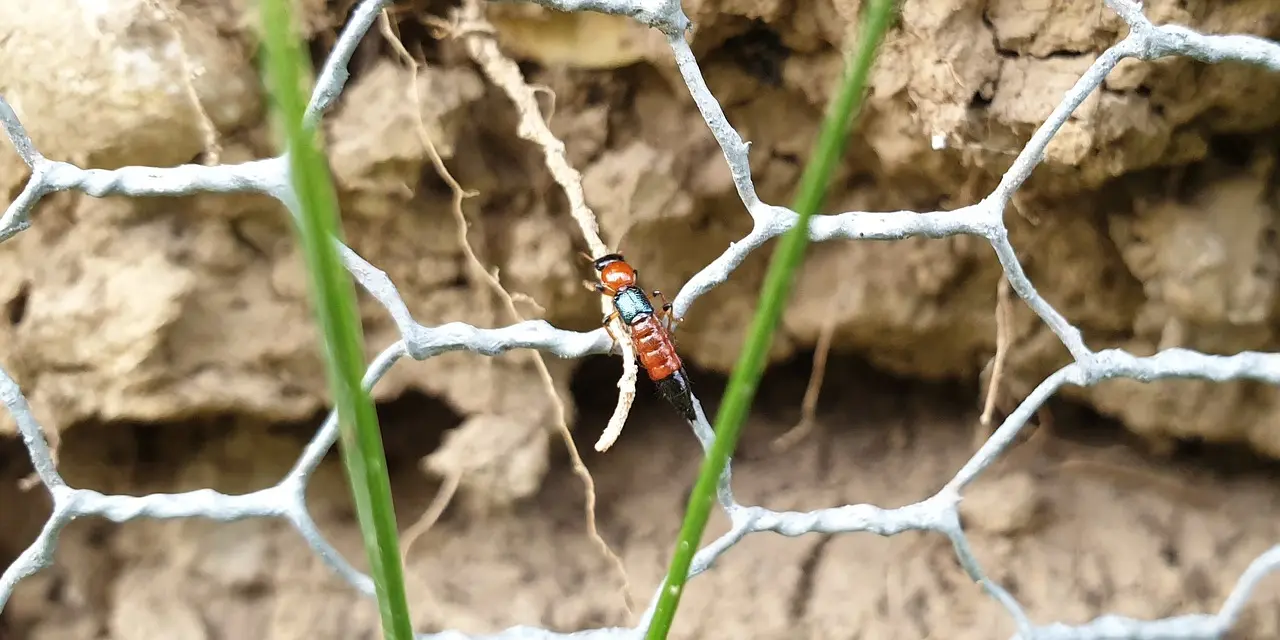
What’s the safest way to store card info?
Writing down your card number is a no-go—I found my roommate’s sticky note with all his details! Apps like LastPass or Dashlane can safely keep your payment details. Don’t let every website save your card info.
Security experts say never store those 3-digit security codes. Get a wallet that blocks scanners to stop wireless thieves.
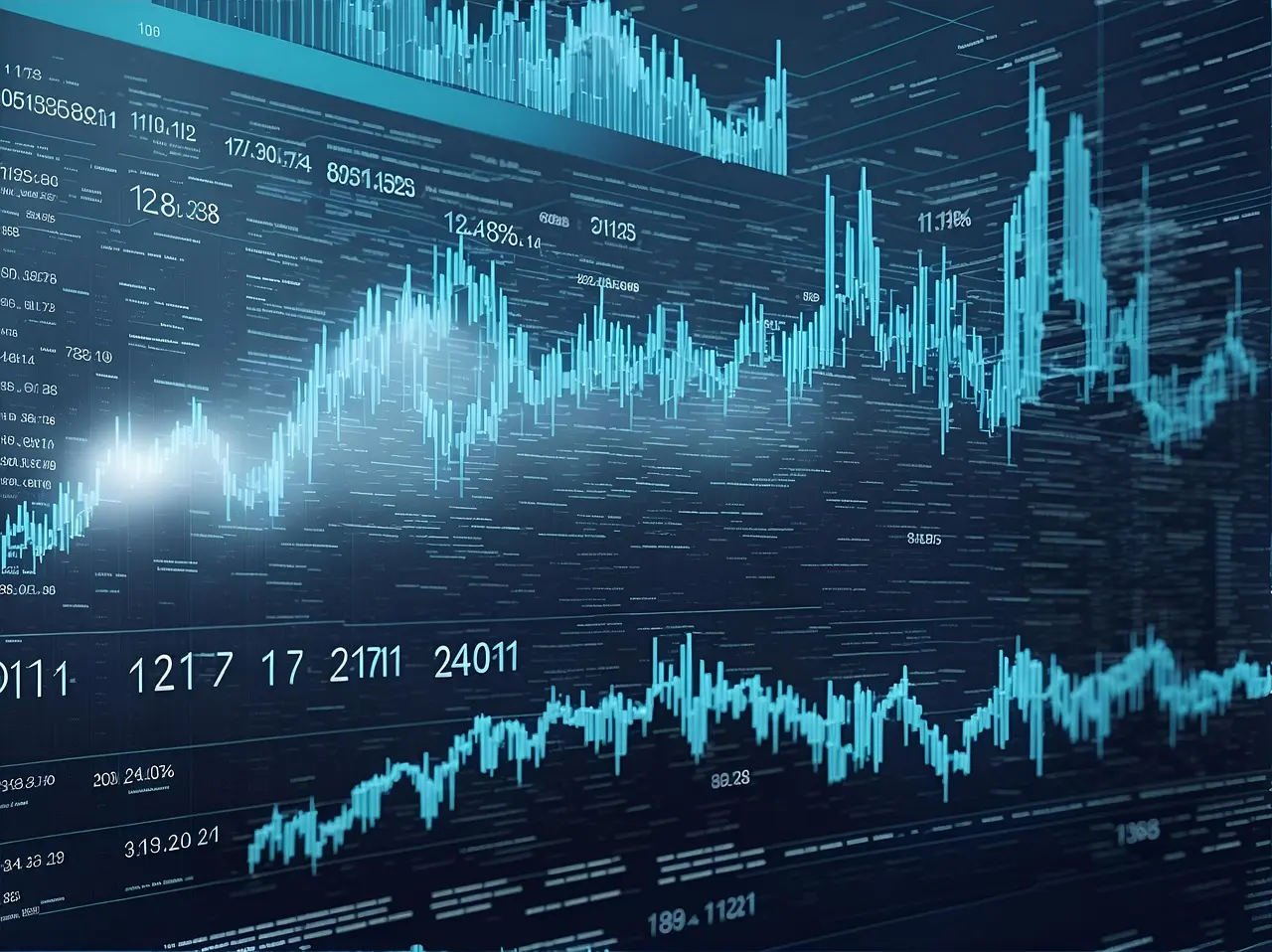
Can using public Wi-Fi get your card stolen?
Yes! Public Wi-Fi is a hacker’s playground. My friend booked a hotel on airport Wi-Fi – her card got hacked that same day.
If you’re on public Wi-Fi, use a VPN before buying anything. The government says most public Wi-Fi isn’t properly secured. If you gotta buy something, switch to your phone’s data.
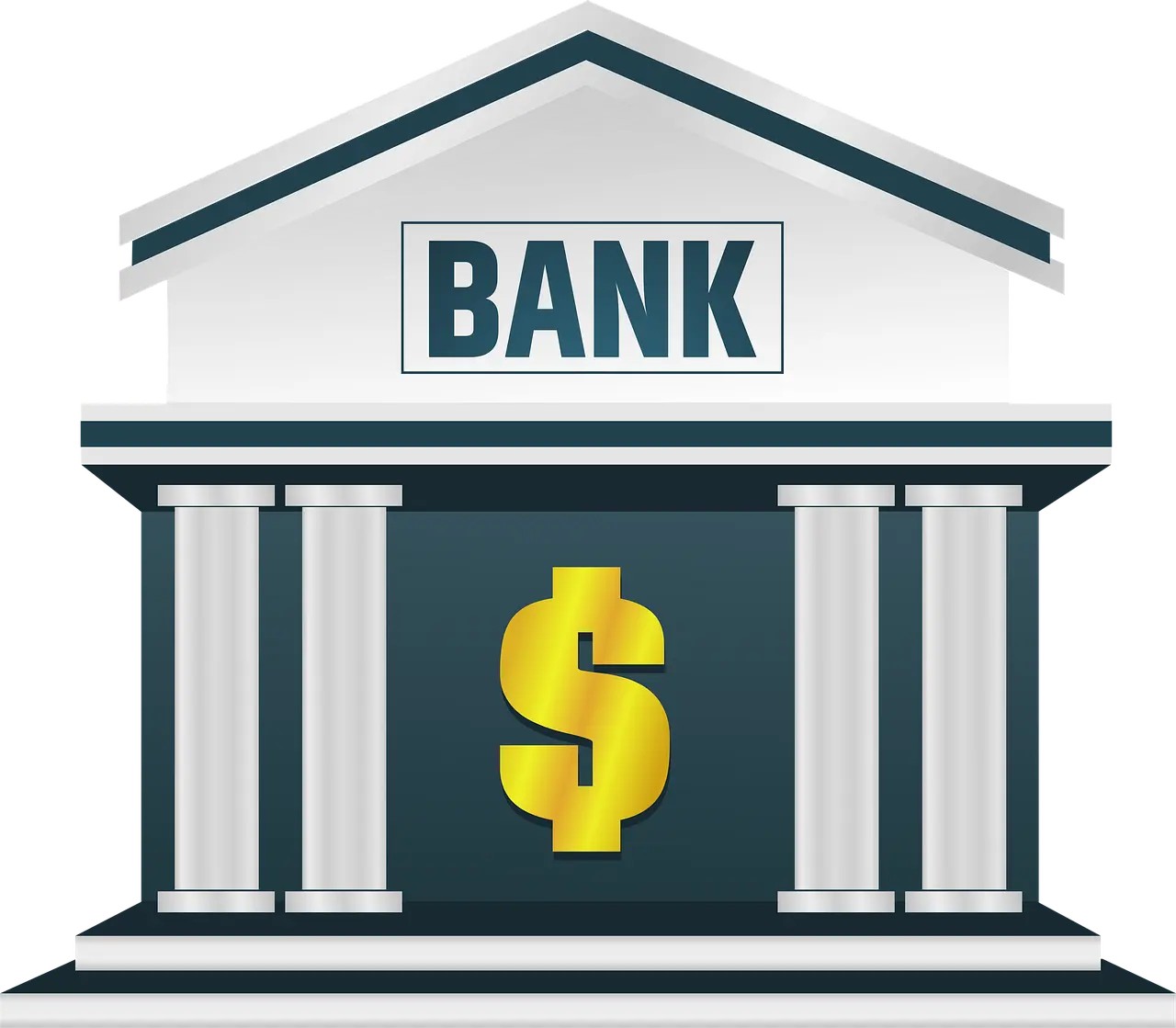
How often should you really check your card statements?
Monthly checks aren’t enough. I review mine weekly after spotting a $0.
99 test charge that preceded a bigger fraud attempt. Most banks can text you for every purchase – turn that on! Studies show most fraud victims catch it themselves by checking regularly. Find it fast, fix it fast.
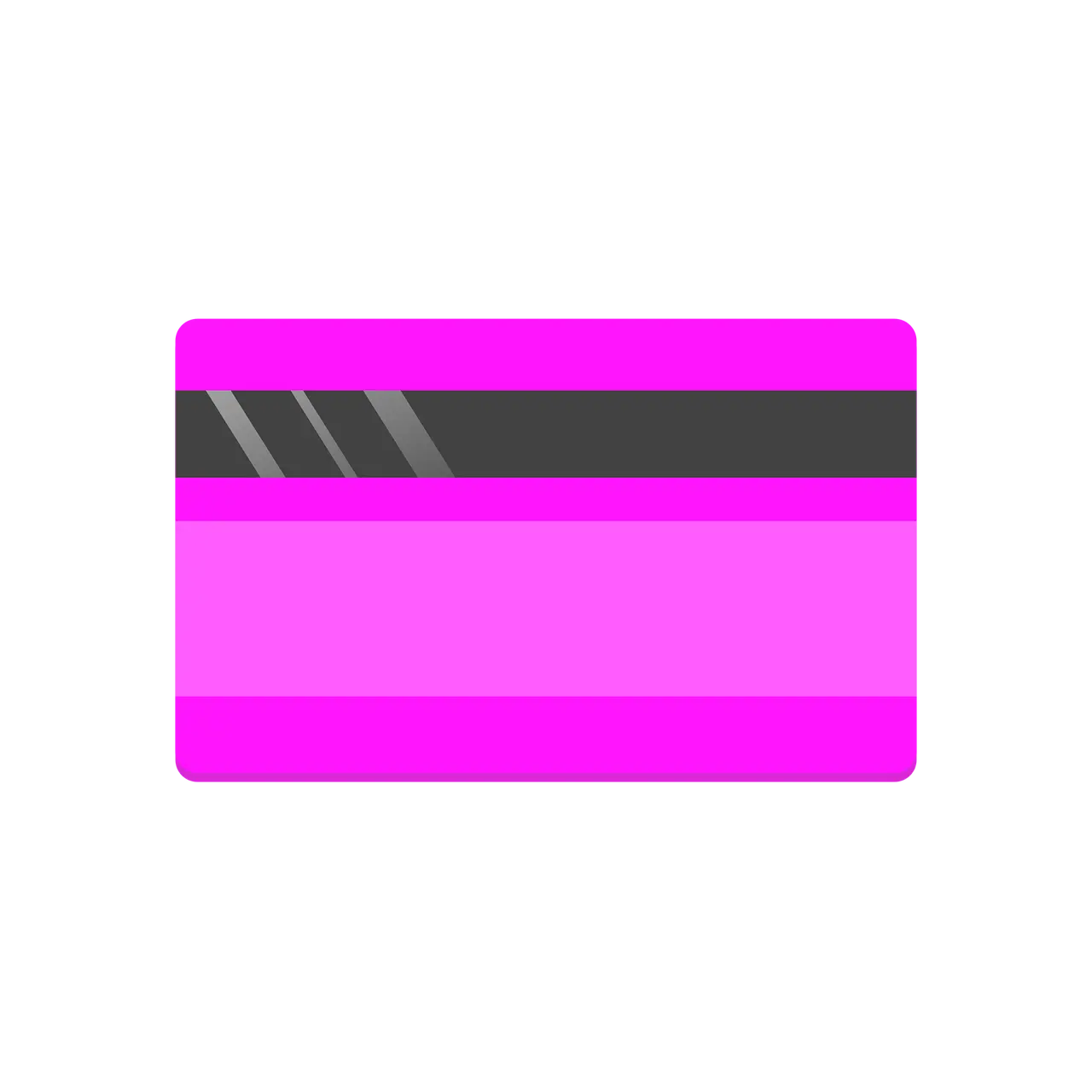
Uh-oh, lost your card – now what?
Call your bank immediately—don’t wait to see if it turns up.
I waited once – next thing I knew, someone spent $300 on booze with my card. Banks have all-day hotlines just for lost cards.
You can usually freeze your card right from your bank’s app. The American Bankers Association recommends keeping your bank’s contact info saved in your phone for emergencies. Don’t forget to update any automatic payments with your new card number.
Card scams are bad news, but knowing what to look for and taking simple steps can really help. Stay alert, educate yourself about common scams, and don’t hesitate to report suspicious activity. Putting in a little extra work is worth it to keep your money safe. Share these tips with friends and family—protection is a team sport!